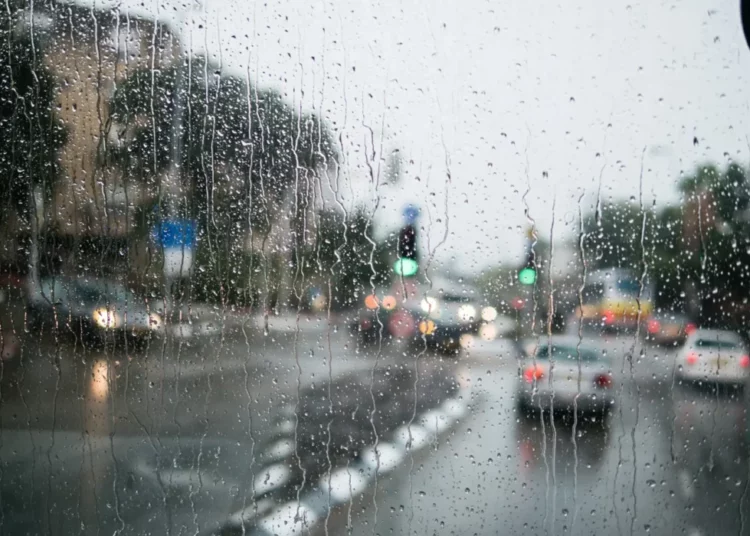The rainy season often brings more than just water from the skies — it pours in fresh business opportunities for observant traders. From makeshift roadside stalls to mobile hawkers weaving through traffic, many Nigerians are cashing in on a surge in demand for items that help people stay dry and comfortable.
Raincoats, umbrellas, waterproof boots, ponchos, and even quick-dry clothing are suddenly in high demand across cities like Lagos, where a downpour can happen with little warning. For small business owners and aspiring entrepreneurs, this seasonal shift presents a chance to tap into a ready market with minimal capital.
A short walk around major areas in Lagos, such as Ojodu-Berger, Oshodi, Ikeja, and CMS reveals that, several petty traders have started selling rain-friendly items, blending them with their usual goods. Whether it’s an extra rack of raincoats hung beside provisions, or umbrellas displayed beside shoes, the trend is clear: the rain is good for business.
According to a footwear seller, Kehinde Salami, who recently added raincoats and rubber shoes to his stall near the Berger footbridge, “People don’t want to be soaked. Even if they’re broke, they’ll still buy something small to avoid embarrassment at work or on the bus,” he said. He explained that, sales increase sharply during morning downpours when commuters are desperate.
While umbrellas remain popular, more customers, especially motorcycle riders and market women, prefer raincoats that cover the full body. Lightweight nylon raincoats now sell for between N300 and N500, depending on design and quality. More durable plastic types with hoodie features range between N3,000 and N6,500. The two-piece full-body versions (raincoat and trousers) go as high as N9,000 to N12,000, especially, those with inner linings.
Rubber shoes and boots have also entered the market spotlight. Basic ankle-length rubber footwear can be found for N1,000 to N1,500, while full-length rain boots range from N3,500 upward. Some traders also stock water-resistant caps and plastic covers for bags and phones, sold from N200 to N700.
Interestingly, some umbrella sellers have added plastic caps and nylon slippers to their stock as a quick cash-in on the season. Foldable umbrellas, which are easier to carry, now sell between N1,500 and N3,000 depending on size and durability. Street umbrellas (the longer ones) can go as high as N4,000 or more.
Business Capital
For traders who want to venture into this seasonal business, starting capital can be minimal. With N20,000 to N30,000, one could stock a mix of semi-nylon raincoats, a few umbrellas, and some low-cost rubber shoes. As demand increases, more items can be added based on what customers ask for.
Sales, however, depend heavily on movement and location. “If you wait for customers to come to you, it may be slow. But if you move around, especially during sudden rainfall, you can sell everything in one day,” said Musa Ibrahim, who hawks raincoats near Oshodi under the pedestrian bridge.
While the business is not one to rely on all year round, it presents a good source of income during heavy rainy months. Traders are advised to diversify their items and listen to what customers in their area really want.











